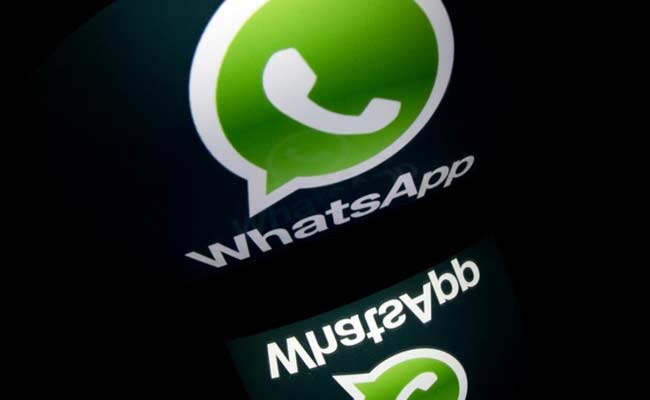
After massive public outcry, the government has withdrawn a draft proposal that would have drastically altered how WhatsApp and other communication services would operate.
Here is your 10-point cheatsheet to this big story:
The proposal (for a National Encryption Policy) was released for public feedback without his knowledge, said IT Minister Ravi Shankar Prasad, acknowledging that it was poorly worded, and is being reworked.
The minister also clarified that any new rules will not impact individual users, and the government is committed to protecting and promoting the freedom of social media.
The original proposal said that apps and platforms would need to either register the sort of encryption service they use with the government, or sign up to use government-approved encryption services.
Remember, when you send a message to services like WhatsApp, it is automatically coded or scrambled and then decoded for the recipient.
The proposal also said that all users and businesses would need to save their messages for 90 days, and make them available to the government on demand.
After NDTV broke the story yesterday, the government issued a clarification late at night, stressing that social media would not be regulated by a new National Encryption Policy.
The government also said new rules for unscrambling data would not apply to internet banking and e-commerce.
Experts had flagged that the language of the draft proposal was loose enough to apply to apps and services like WhatsApp, which has over 70 million users in India, and iMessage.
For other categories, if the proposal goes through, platforms or services that don't register how they encrypt messages in India could be declared illegal.
In 2010, the UPA government said it would ban BBM (Blackberry Messenger Service) in India unless BlackBerry (then Research in Motion) gave security agencies access to snoop on emails. The two would eventually reach an arrangement that allows the government to intercept messages sent on Blackberry's platform.

